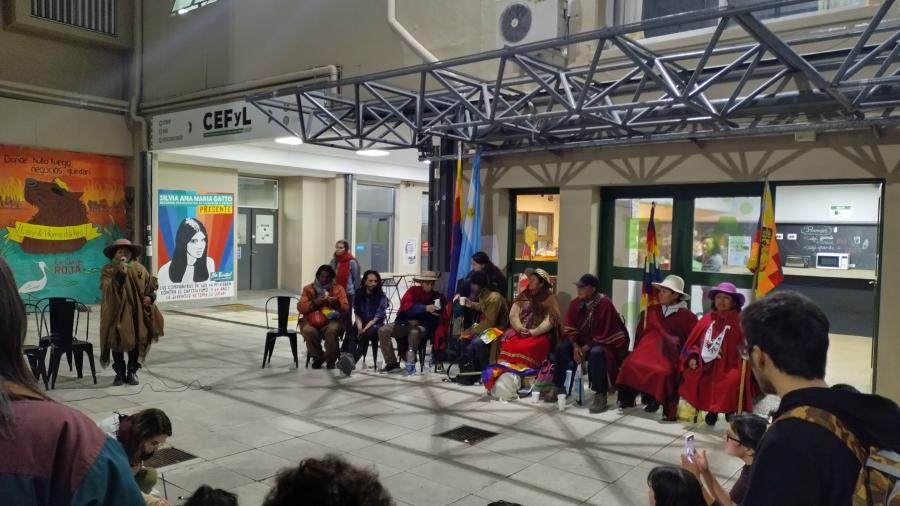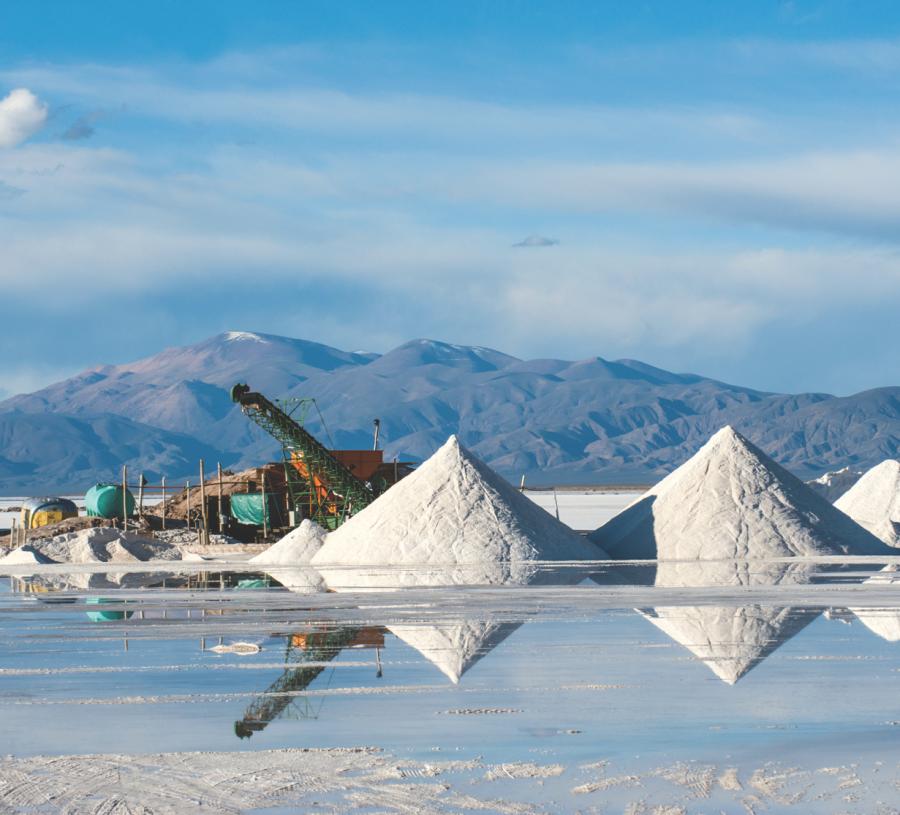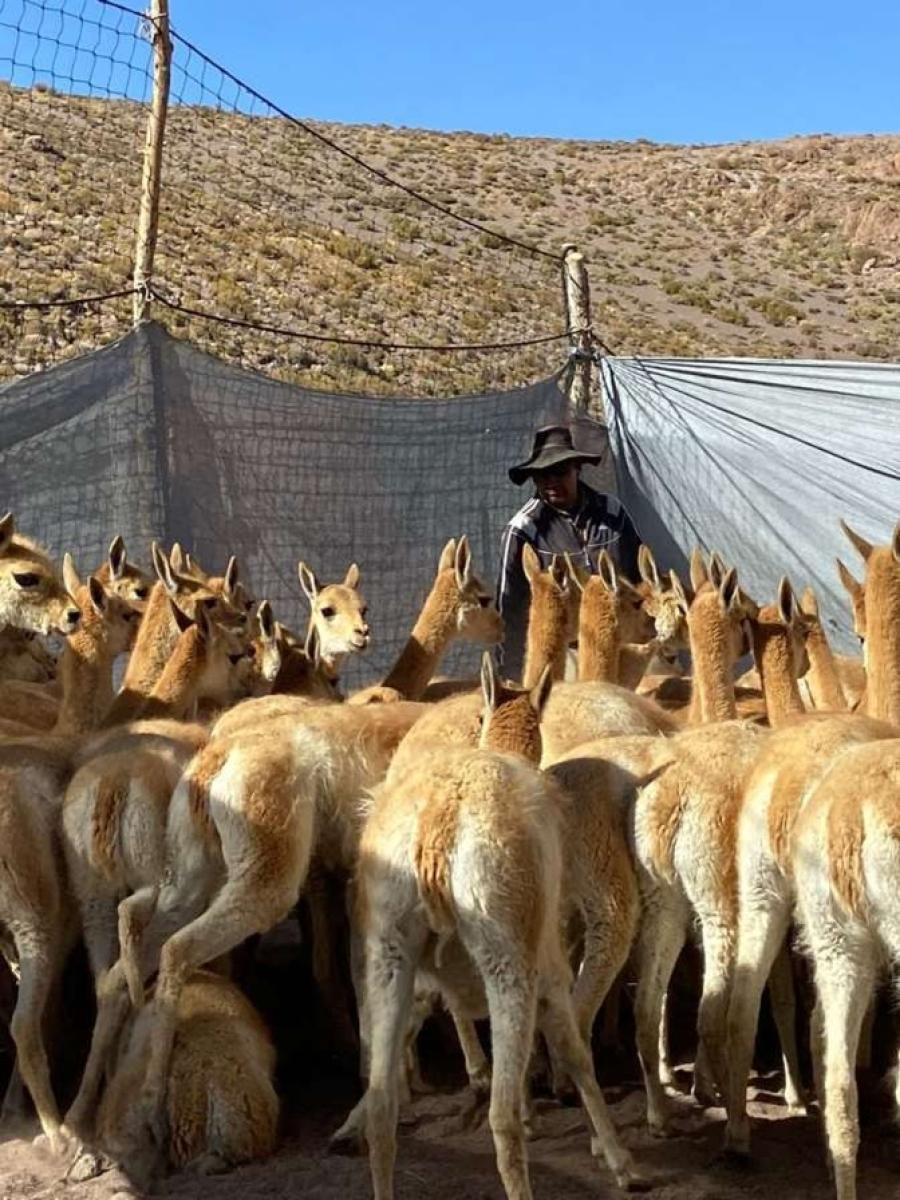Several South American nations have recently made transitions from dictatorship to democracy. Human rights and development groups have applauded as the military governments of Argentina, Bolivia, Brazil and Uruguay turned power over to elected officials. It is important to note, however, that the democratization of Latin America's southern cone does not necessarily solve the problems suffered by local indigenous groups. Despite the good intentions of new governments, national development continues to exploit the resources of indigenous peoples and often creates pressures on Indians to organize as interest groups in bureaucratic, power politics.
Indians and non-Indians alike suffered abuses of military regimes. In addition to the "dirty wars" waged against each state's population, military leaders expropriated national resources and usurped international loans for their personal enrichment. In conjunction with the weak positions in bad inter economies, this destroyed the countries' economic infrastructures, reduced the economic power of the civilian population and stalled national development.
With the recent return to democracy, international corporations have renewed interest in investments in the southern cone and Western banks and governments have lifted lending restrictions with the governments. In Brazil, Bolivia and Argentina, newly available investment capital has reinvigorated previously stagnant frontiers in lowland forest areas. In Argentina, US economic assistance has increased from almost nothing in 1981 to $700 million in 1986. As a result, forest clearing, intensive agriculture and land settlement have increased pressures on indigenous groups.
Unlike military regimes that often acted at the expense of the middle and upper-middle classes, democratic governments depend on these non-Indian groups to provide the votes for elections and capital for national development. Therefore, democratic governments often have incentives to form entrepreneurial alliances that are to the detriment of indigenous peoples' land and forests.
While economic development creates problems, the means for defending Indians' interests in a democratic environment forces indigenous groups to organize in a manner that is often in conflict with indigenous social organization. Elected representation, majority rule and interest-group politics are often unfamiliar to indigenous groups and, not uncommonly, in conflict with indigenous social and political relations.
The return to a democratic system of government in Argentina, for example, has forced Toba and Mataco Indian groups of the Chaco province to declare themselves in league with the national government of President Alfonsin, or with the Peronist party which is dominant in the region. Indians are a significant portion of the local population and, with a return to democratic rule, they have some influence in provincial politics. This influence, however, is won at the expense of traditional indigenous leaders who rarely desire, and even more rarely attain the skills necessary to move in regional political circles. Moreover, these gains demand that the Indians form alliances with a party whose interests are marginal to Indians' interests. These parties, in turn, draw Indians into national debates that have little to do with Indians' local concerns. In some cases, alignment with local parties alienates Indians from the nationally dominant party. This can have far reaching, negative implications.
Although democratic governments create new problems for indigenous peoples, there is evidence that the governments are searching for creative solutions to the numerous problems faced by indigenous peoples. Reports suggest that the Argentine government is considering setting aside a large area of the Chaco scrub forests, in exchange for forgiveness of some of its international debt. This impenetrable is the habitat of the Toba and Mataco Indians. The plan could restrict cattle ranching and cotton production, while preserving the Indians' rights to traditional hunting and fishing. In return for holding this land in trust, a portion of the country's international debt would be forgiven by multinational banks.
The expanding democratic dialogues in the southern cone can, perhaps, provide long-term solutions to serious conflicts in increasingly complex societies. In this process, however, it should not be necessary to demand that indigenous groups and small-scale societies conform to the structure and methods of imperfect party and interest group politics. Given a choice, groups will choose a different and more effective means to integrate themselves into national and international systems. More effective, indigenous forms of political organization should be encouraged, even supported, in these newly democratic states.
Article copyright Cultural Survival, Inc.



